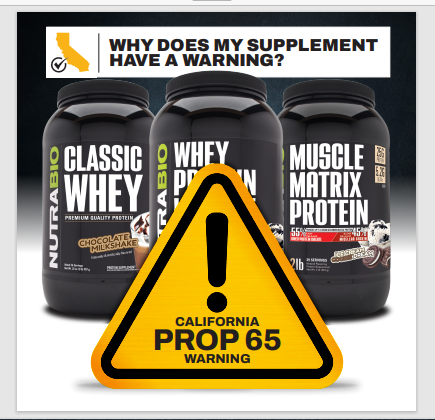
It’s every dedicated dieters worst fear – mislabeled products and false claims. Panic was stirred this week when a lawsuit was filed against popular sparkling water brand, LaCroix, for containing synthetic additives. But what exactly are the additives in question, and do they pose any risk of harm?
How Is “Naturally-Essenced” Sparkling Water Made?

The process is a fairly simple one – as should be expected from a minimalist beverage. You start with water, add carbon, and add desired flavors from fruit, vegetable, spice extracts or oils.
If you’ve entered the lobbies of nice enough hotels, doctors’ offices, or other fanciful places more than a few times, there’s a good chance you’ve seen a large jug of water with a few cucumbers, oranges, or some other plant inside to give it a bit of flavor. This is a simpler, less efficient version of making an “essenced” water. The only real difference is carbonation and, probably, heat to accelerate release of flavor from the plants.
Plants, in case you don’t know, are made up of hundreds – even thousands – of chemicals. These may be carbohydrates, polyphenols, or other household names. There are also poorly known compounds.
Genistein, coumestrol, punicalagin, ellagic acid, and pelargonidin-3-O-glucoside are some potentially scary names, but they are just constituents naturally found in pomegranate – the precise names of isoflavones, tannins, phenolics, and others that make us consider pomegranate a healthy food, perhaps even a superfood.
That’s precisely what is occurring with LaCroix right now. The claimant says the compounds, linalool, linalool propionate, and limonene are synthetic ingredients in the beverages, which claim to be all natural. So, are they all natural?
Is Linalool Dangerous?

Linalool, the accusers say, is an insecticide with no place in an all-natural drink intended for human consumption. Well, there’s no denying that linalool is found in insecticides (it’s really in there), but is it an active ingredient – is it dangerous?
No, not really, no. Linalool is in over 200 species of plants, including mint, cinnamon, lemon, and tangerine. So, why is it in insecticide?
To understand in a very simplistic manner, let’s first start by identifying some other carriers of linalool. Perfumes, detergents, soaps, and other products with pleasing scents. It smells good. That’s exactly why it’s in insecticide – it draws bugs to their death (by the other, active, compounds) because they like the way it smells.
It is not completely without dangers. Aerosolized linalool that is inhaled or sprayed into the eyes can cause irritation or dizziness, but there are no known dangers of eating it.
As for linalool propionate, it’s another case of the same. Propionate is a just a short chain lipid, only 3 carbons long. It is produced by the human body all the time, by fermentation of fibers in the gut and metabolism of some amino acids. Linalool propionate is simply linalool bound to propionate, but its individual chemical properties remain the same.
Next!
Is Limonene Dangerous?
![]()
During my first read through the report, limonene was listed first, and I actually started laughing. The article had an image of the lime flavored LaCroix, and I’m familiar with limonene – it’s an antioxidant in citrus fruits. Not to mention… IT IS NAMED LEMON-EEN!
Surely this is just a masterful case of illusory by the American Beverage Corporation! Naming a harmful chemical after something seemingly innocent! (sarcasm)
Limonene is a terpene – a class of organic compounds that typically have strong fragrance produced by plants to repel animals that would eat them. Terpenes, like limonene, are common in scented products like essential oils and our favorite smell… COFFEE!
Should we be concerned? No. Listed harmful effects of limonene are irritation after contact with skin and eyes. Is this surprising. Not at all. What happens when you get lemon juice in your eye? It hurts!
Should I Stop Drinking LaCroix?

Let’s not overreact. Ain’t nothin’ wrong with these here waters.
If you like the drinks and have any concern that there is something inherently dangerous about the natural ingredients used to give them flavor – and there is NO evidence to say that the ingredients are not natural by the presence of linalool or limonene – there is no need to worry. It’s more likely that linalool and limonene are healthful than harmful.


